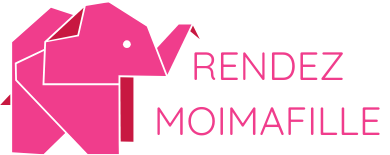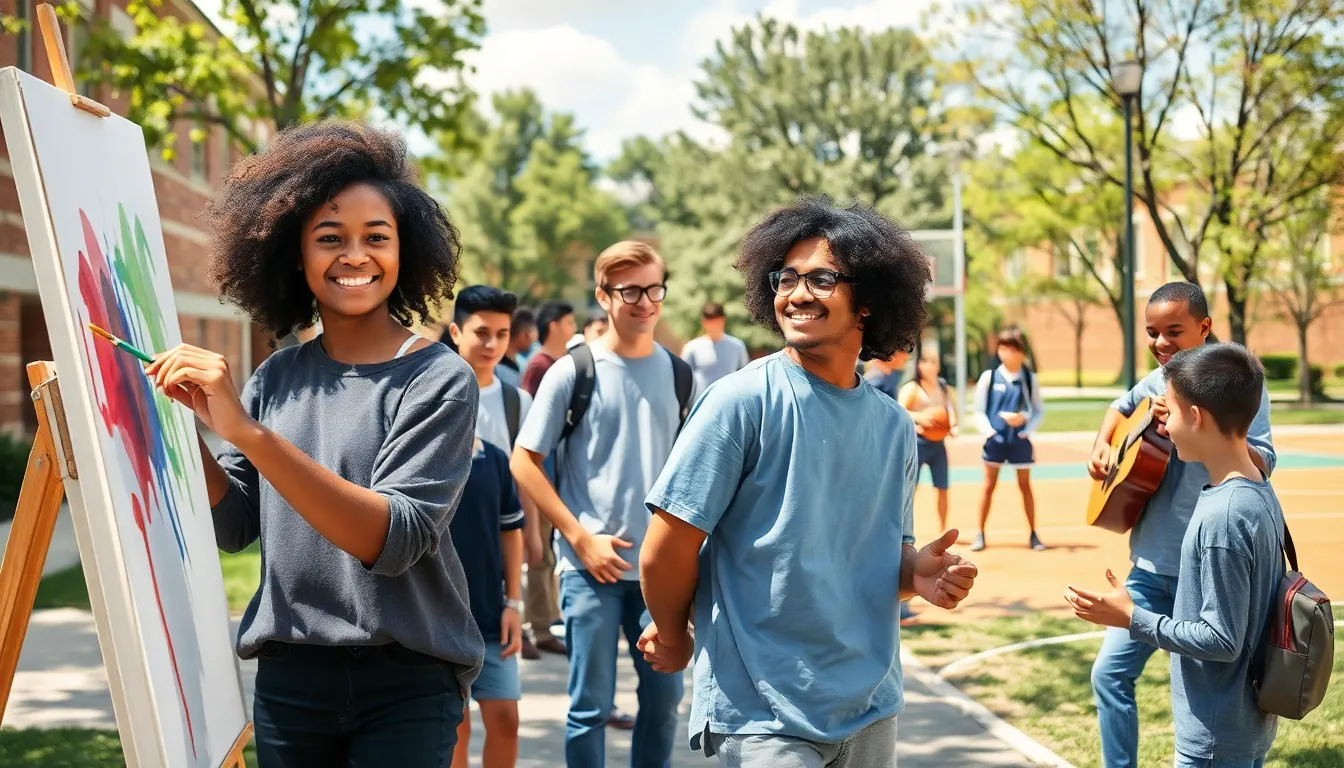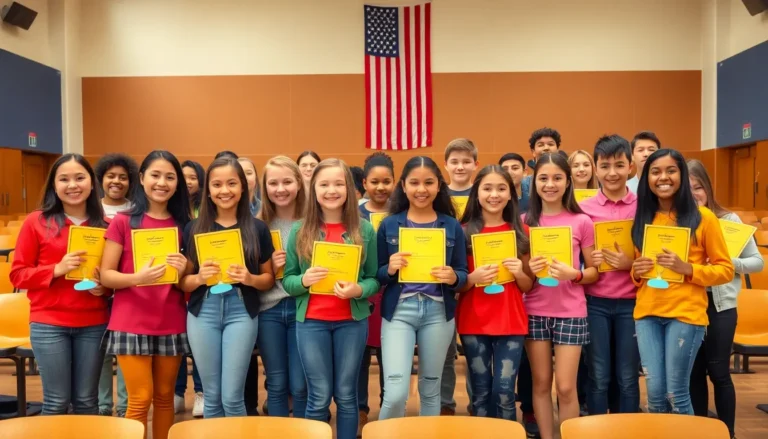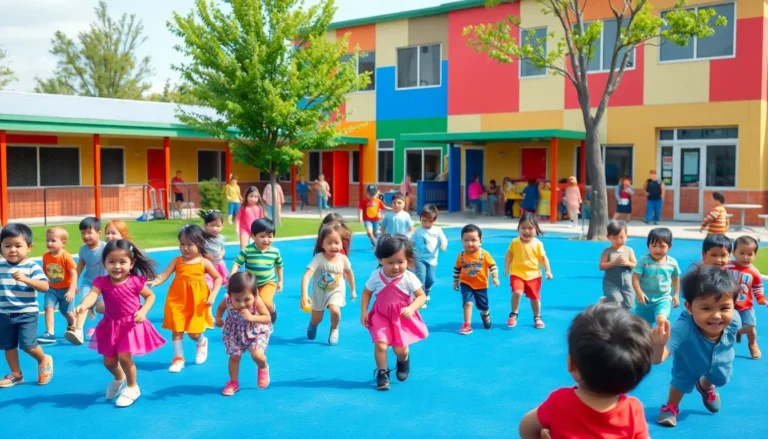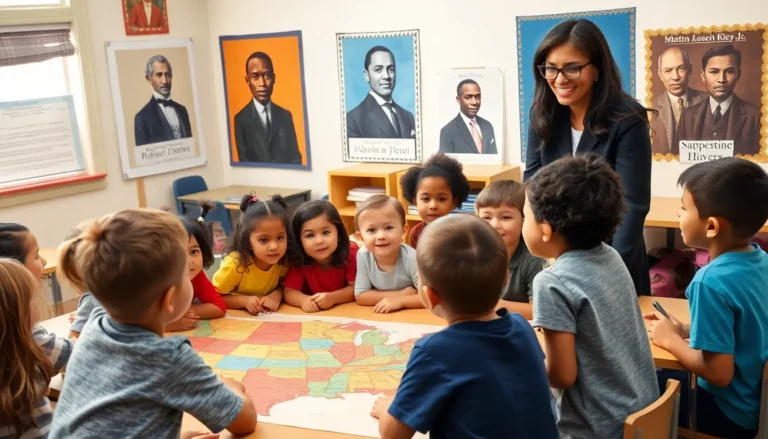Extracurricular activities are like the secret sauce that makes school life flavorful. They’re not just a way to fill up a student’s schedule; they’re the golden ticket to discovering passions and unleashing hidden talents. Whether it’s the thrill of the soccer field, the creativity of the art studio, or the camaraderie of the debate team, these activities offer a buffet of experiences that go beyond textbooks.
But let’s be honest. Who wouldn’t want to trade a few hours of math for a chance to strut their stuff in the school play or perfect that killer three-pointer? Extracurriculars help students build confidence, forge friendships, and develop skills that might just come in handy when they’re trying to impress their future boss. So, why not dive into the world of school extracurriculars and find out what all the buzz is about?
Table of Contents
ToggleOverview of School Extracurriculars
School extracurricular activities include diverse options that significantly enhance students’ educational experiences. Clubs, sports teams, art programs, and music groups represent just a few types. Participation in these activities fosters personal growth, improves social skills, and opens doors to leadership opportunities.
Students engaging in extracurriculars can explore their interests more deeply. They cultivate teamwork skills through sports, learn discipline in performing arts, and experience creativity in various clubs. Personal connections often form during these activities, leading to lasting friendships.
Research indicates that students involved in extracurricular activities tend to have higher academic performance. A 2019 study from the National Education Association shows that students participating in such activities experience increased engagement and motivation. Additionally, these activities develop time management skills essential for success in future endeavors.
Extracurriculars also contribute to community building within schools. By collaborating with peers on projects, students strengthen their sense of belonging. Participation encourages a supportive atmosphere where students feel comfortable expressing themselves.
Moreover, schools that prioritize extracurricular programs witness positive impacts on overall student well-being. A vibrant range of activities helps reduce stress and anxiety, encouraging students to find balance. Schools recognize the importance of these programs in fostering a well-rounded educational environment.
Ultimately, school extracurriculars serve a vital role in shaping the holistic development of students. They provide opportunities to develop essential skills while also enriching social and emotional aspects of school life.
Types of School Extracurriculars

Numerous types of extracurricular activities enhance students’ school experiences. These programs support personal growth and skills development.
Academic Clubs
Academic clubs focus on topics like science, math, debate, and literature. Participation fosters critical thinking and collaboration among students. In these clubs, members engage in competitions, try new ideas, and share knowledge. Skills gained in academic clubs often translate into improved performance in the classroom. Additionally, students build relationships with peers who share similar interests. This camaraderie creates a supportive environment that encourages exploration and innovation.
Sports Teams
Sports teams provide physical activity and promote teamwork. Students gain discipline and perseverance through regular practices and competitions. Each game fosters camaraderie and strengthens relationships among team members. Participation in sports can also improve physical health, leading to overall well-being. Many schools offer a variety of sports, ensuring there’s something for everyone, from soccer to swimming. Additionally, involvement in sports often leads to leadership opportunities, like team captain roles, helping students develop confidence and responsibility.
Arts and Music Programs
Arts and music programs encourage creativity and self-expression. These activities cover areas like visual arts, drama, and choir, allowing students to explore various mediums. Participation enhances artistic skills and provides emotional outlets. Students often perform in front of audiences, which builds confidence and public speaking abilities. Collaboration in group projects fosters teamwork and communication skills. Furthermore, exposure to diverse art forms promotes cultural appreciation, enriching students’ overall educational experience.
Benefits of School Extracurriculars
Extracurricular activities deliver significant advantages for students, enhancing their overall school experience.
Personal Development
Personal development thrives through participation in extracurriculars. These activities help students discover their interests and develop new skills. Engaging in sports fosters discipline, while joining clubs enhances leadership abilities. Involvement also builds resilience as students navigate challenges. Increased confidence emerges from mastering new tasks and receiving positive feedback from peers. Taking part in these activities equips individuals with essential life skills, like problem-solving and adaptability, that extend beyond the classroom.
Social Skills
Social skills improve as students engage in extracurricular activities. Participation encourages interaction with peers, fostering friendships and collaborations. Team sports require communication and cooperation, while clubs promote networking and relationship building. Developing empathy and conflict resolution skills becomes easier as students work towards common goals. Creating an inclusive environment within these activities nurtures a sense of belonging, helping students feel supported and valued in the school community.
Academic Performance
Academic performance sees notable enhancement linked to extracurricular involvement. Research from the National Education Association indicates that students engaged in these activities exhibit higher motivation and engagement levels. Improved time management skills arise, as participants balance academics with various commitments. Involvement in academic clubs often reinforces classroom learning, enriching understanding of subjects like science or literature. Engaging in sports can lead to better focus in studies, linking physical fitness with mental clarity. These positive effects contribute to a well-rounded educational experience.
Challenges Associated with School Extracurriculars
Extracurricular activities often pose several challenges for students. Balancing academics with participation in these activities demands strong time management skills.
Time Management
Students frequently struggle to allocate their time effectively. Coordinating homework, practice schedules, and club meetings can create a stressful environment. Balancing multiple obligations required prioritization. Students involved in several activities may find themselves overwhelmed, leading to burnout. Establishing a realistic schedule helps manage commitments. Communicating with teachers and coaches can ensure workloads and expectations align.
Financial Considerations
Financial constraints also impact participation in extracurriculars. Many programs require fees for uniforms, equipment, or materials. These costs accumulate quickly, putting pressure on families. Some students might choose to forgo participation due to financial limitations. Schools often provide scholarships or grants, assisting those in need. Exploring fundraising opportunities can also alleviate some financial burdens. Engaging in conversations about affordability promotes inclusivity, ensuring all students benefit from extracurricular experiences.
Extracurricular activities are more than just a way to pass the time; they’re vital for student development. By engaging in these programs, students not only explore their passions but also cultivate essential life skills. The friendships formed and the experiences gained contribute significantly to their overall well-being.
While challenges like time management and financial constraints exist, the benefits far outweigh the difficulties. Schools that prioritize these activities create an enriching environment that supports both academic and personal growth. Ultimately, embracing extracurriculars can lead to a fulfilling and well-rounded educational journey, preparing students for future success.
